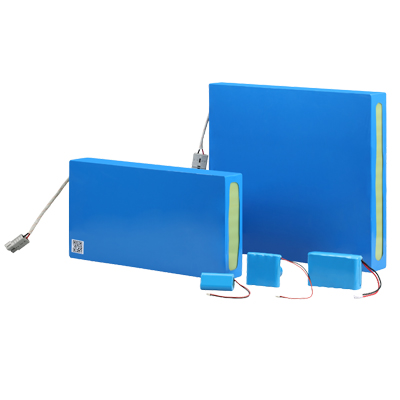What are the advantages of choosing
solar lithium batteries.
The application of lithium batteries has now expanded to the field of solar street lamps, replacing lead-acid and colloidal batteries. Why do so many people choose solar lithium batteries? Here I would like to share my understanding of two types of batteries. Can we refer to why there are more options for choosing solar lithium batteries than lead-acid batteries?

Lithium batteries are small in size and light in weight, saving time and effort in installation. Currently, the preferred choice for solar street lights worldwide is generally integrated street lights. If lead-acid battery packs are used, they need to be buried underground around the lamp post and placed in a buried box. However, if lithium batteries are used, they can be attached to the back of the battery panel due to their lighter weight, saving time and effort.
Lithium batteries are less polluting than lead-acid batteries, and we all know that lead-acid batteries have a shorter lifespan. Although they are cheap, they may need to be replaced once a year, which greatly increases environmental pollution. Moreover, lead-acid batteries themselves are more polluting than lithium batteries, and if they are constantly replaced, they will always cause harm to the environment. Lithium batteries do not cause pollution, while lead-acid batteries are contaminated with heavy metal lead.
Lithium batteries: There is no doubt that they are superior to lead-acid batteries in various performance aspects. Currently, the most common is lithium iron phosphate batteries, which do not have a memory effect like lead-acid batteries. After more than 1600 charges, the storage capacity of the battery can still reach 85%. Compared with lead-acid batteries, lithium batteries have advantages such as lightweight, large capacity, and long service life.
